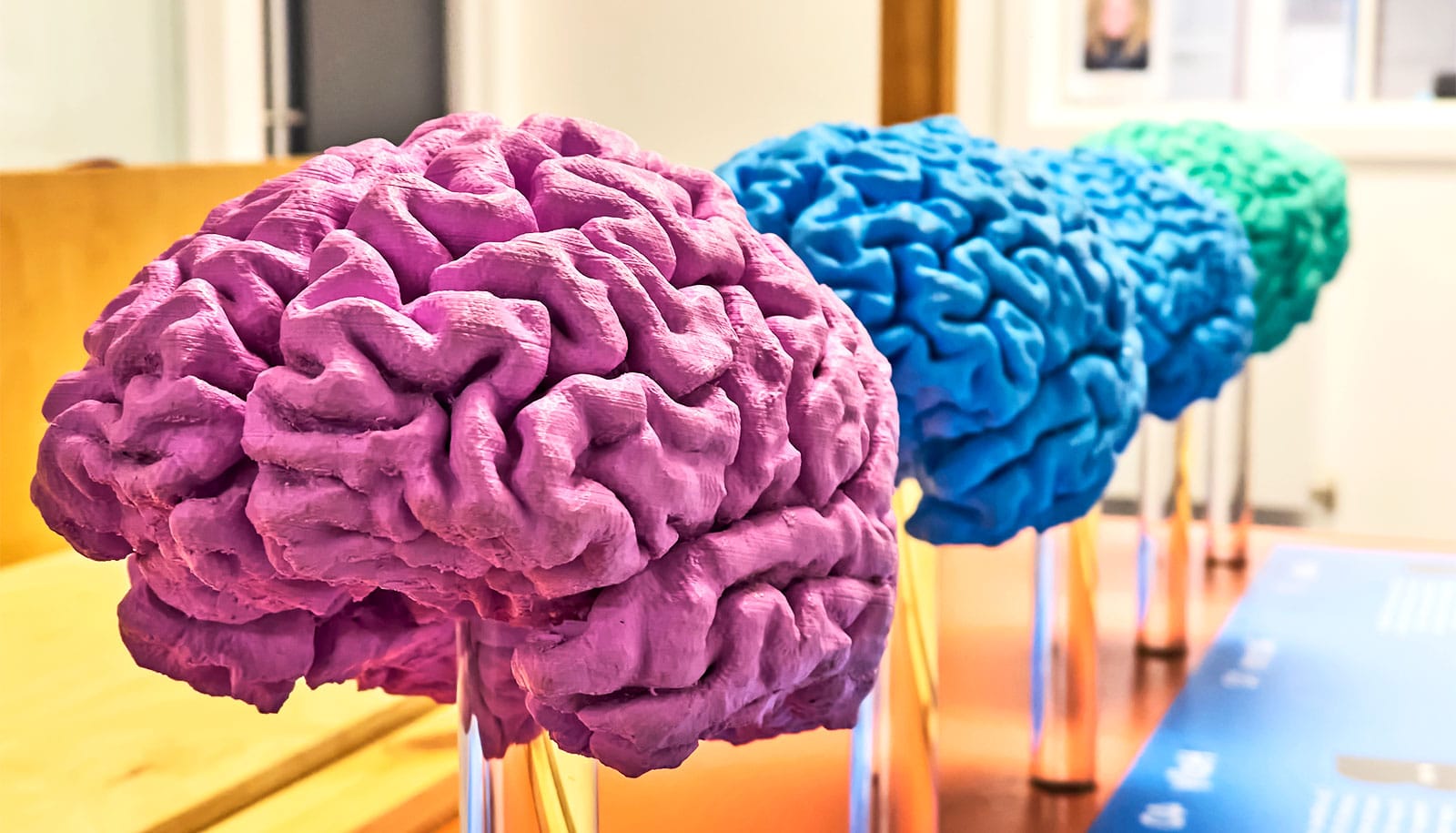New research clarifies how aerobic exercise could affect the brain in ways that may support treatment—and even prevention strategies—for addiction.
Also known as “cardio,” aerobic exercise is brisk exercise that increases heart rate, breathing, and circulation of oxygen through the blood, and is linked to a decrease in a variety of health problems, including diabetes, heart disease, and arthritis. It also is linked to mental health benefits, such as reducing stress, anxiety, and depression.
“Several studies have shown that, in addition to these benefits, aerobic exercise has been effective in preventing the start, increase, and relapse of substance use in a number of categories, including alcohol, nicotine, stimulants, and opioids,” says senior author Panayotis (Peter) Thanos, senior research scientist at the Research Institute on Addictions at the University at Buffalo.
“Our work seeks to help identify the underlying neurobiological mechanisms driving these changes.”
As reported in Medicine & Science in Sports & Exercise, researchers discovered daily aerobic exercise altered the mesolimbic dopamine pathway in the brains of animal models. Dopamine is a key neurotransmitter associated with substance use disorders, playing an important role in reward, motivation, and learning.
Exercise and meditation ease PTSD after sexual assault
“Current work is looking at whether exercise can normalize dopamine signaling that has been changed by chronic drug use, as this may provide key support of how exercise could serve as a treatment strategy for substance abuse,” Thanos says.
“Further studies that focus on people with substance use disorders should help researchers develop new methods to integrate exercise into treatment regimens that may help prevent relapses.”
The NY Research Foundation funded the work.
Source: University at Buffalo



